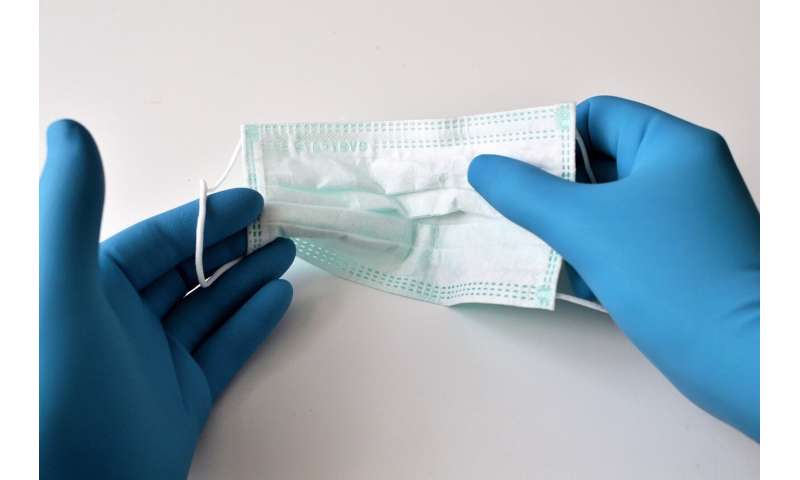
Australia’s GP clinics, pharmacies and other primary care services are key to protecting our most vulnerable people against COVID-19, according to new research led by experts at the Australian National University (ANU).
Professor Michael Kidd AM, who is Professor of Primary Care Reform at ANU, as well as Deputy Chief Medical Officer with the Australian Government Department of Health, says Australia’s primary care response to COVID-19 has been guided by lessons learnt from previous pandemics.
“With previous pandemics—for example, SARS—primary care wasn’t heavily involved in either the planning or response,” Professor Kidd said.
“But we now know the importance of engaging early and effectively with primary care, to protect the community, especially our most vulnerable members, and our health workers.”
According to Professor Kidd, one of the top priorities is making sure our primary care system is able to not only manage COVID-19, but other new and ongoing medical conditions.
“That’s another lesson learnt from previous pandemics. There’s a risk of more people dying from not having regular access to their normal health care services,” he said.
“People might be afraid to go to a general practice or emergency department, or to go out and get their prescriptions filled. People with chronic health conditions or mental health concerns might avoid regular appointments.”
The other big change has been the transition to telehealth services using telephone and videophone consultations.
“Most GPs already use phone calls to communicate with their patients. This is a major change to the model of care delivery and the first time we’ve seen Medicare funding for whole of population telehealth services in Australia,” Professor Kidd said.
“This means people don’t have to leave their homes during the pandemic to attend appointments, and it also protects doctors, nurses and other health care staff. It is important that face to face consultations still remain available whenever needed.”
ANU researchers are working with health officials to document the national primary care COVID-19 response.
“This will be invaluable in guiding our nation’s response to future pandemics and other serious public health emergencies,” Professor Kidd said.
Source: Read Full Article
